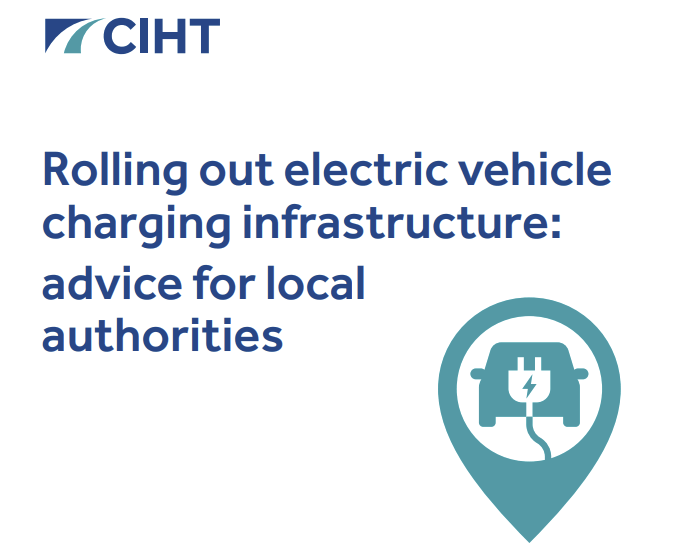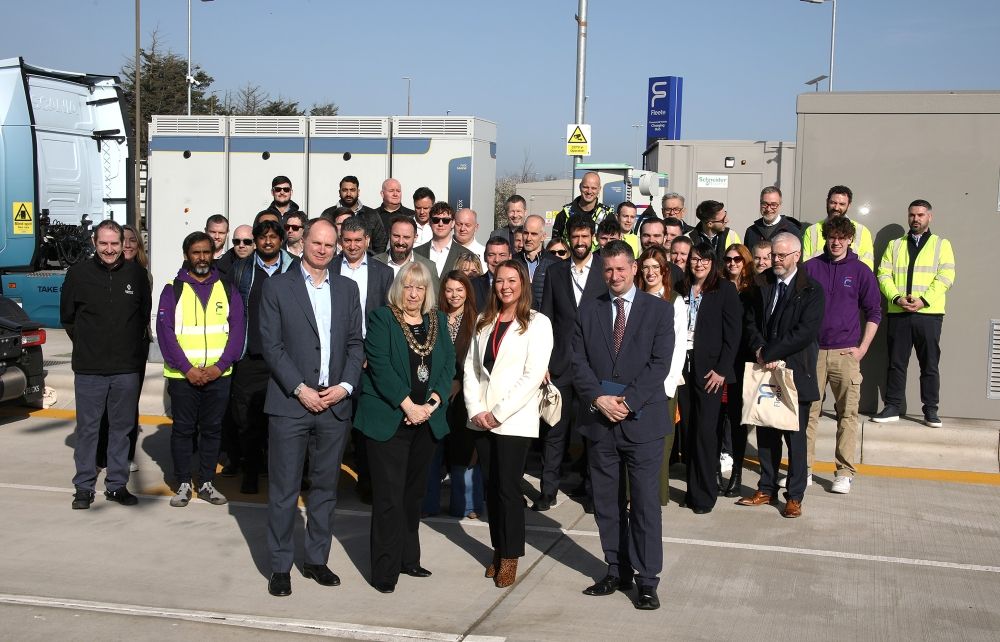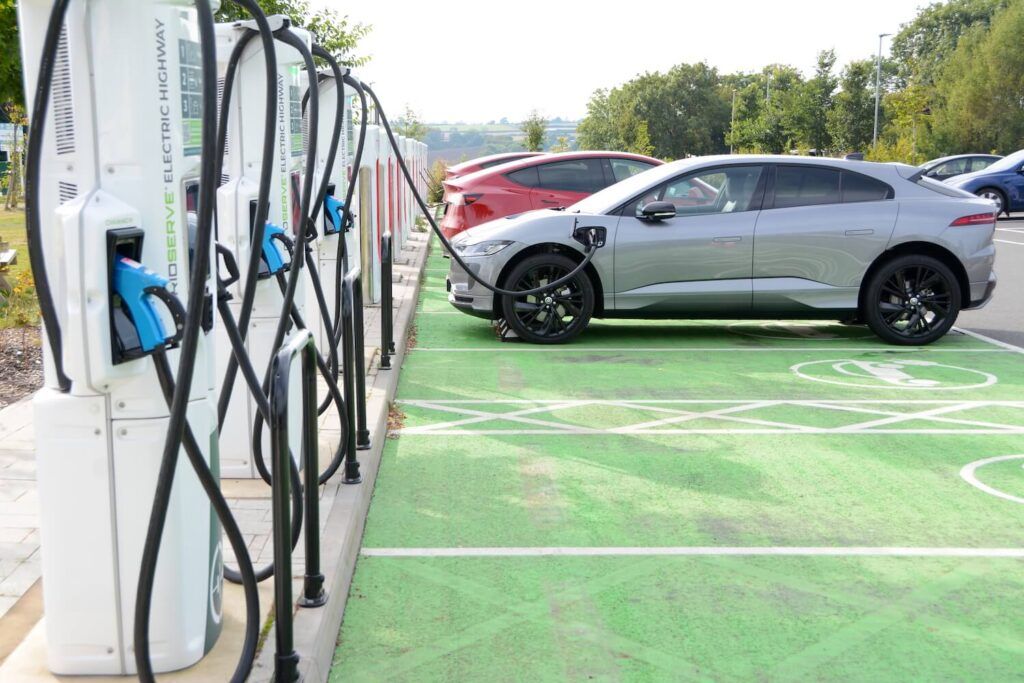New registrations of battery-electric vehicles (BEV) are at record levels with 152,968 deliveries so far this year – 13 times greater than in 2019, according to the latest figures from the Society of Motor Manufacturers and Traders (SMMT).
The data reveals BEV market share is now 16.1% for the year and was 17.9% last month, as the industry prepares for the zero emission vehicle mandate requiring 22% BEV registrations per manufacturer by the end of 2023.
Deliveries of petrol cars increased 22.7%, to remain the most popular powertrain, but hybrids (HEVs) and plug-in hybrids (PHEVs) also rose, by 40.1% and 65.5% respectively. Battery electric vehicle (BEV) registrations grew again, with the segment up 39.4%, as 31,700 buyers chose to get behind the wheel of a zero emission car.
With domestic recharging an EV at home offering 60-70% cost per mile saving compared to refuelling an ICE vehicle, the industry is also calling for a cut in VAT on public charging to accelerate the uptake still further of electric vehicles.
Drivers able to charge at home pay just 5% VAT to power up their EV, compared with 20% for those without access to a driveway or designated private parking space who are reliant on the public network. VAT equity would make switching to an electric vehicle feasible for more people regardless of home ownership or property status, the SMMT said.
The June performance marks the 11th consecutive month of growth as the industry gradually overcomes the pandemic-induced supply chain shortages that constrained production for much of the previous two years.
Growth in the month was driven predominantly by large fleet registrations, up 37.9% to 92,699 units, reflecting the normalisation of supply. Private demand grew more modestly, up 14.8% to 79,798 units.
Mike Hawes, SMMT Chief Executive, said: ”The new car market is growing back and growing green, as the attractions of electric cars become apparent to more drivers. But meeting our climate goals means we have to move even faster. Most electric vehicle owners enjoy the convenience and cost saving of charging at home but those that do not have a driveway or designated parking space must pay four times as much in tax for the same amount of energy. This is unfair and risks delaying greater uptake, so cutting VAT on public EV charging will help make owning an EV fairer and attractive to even more people.”












